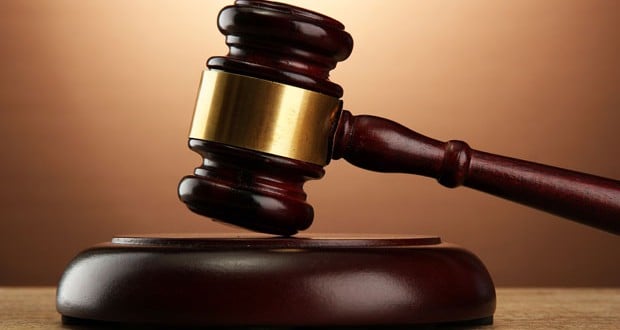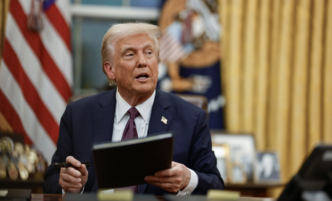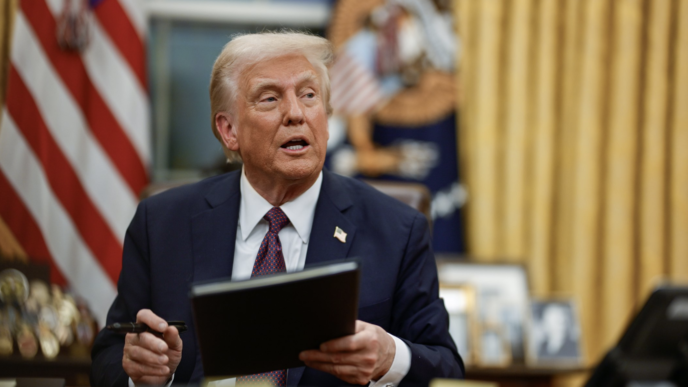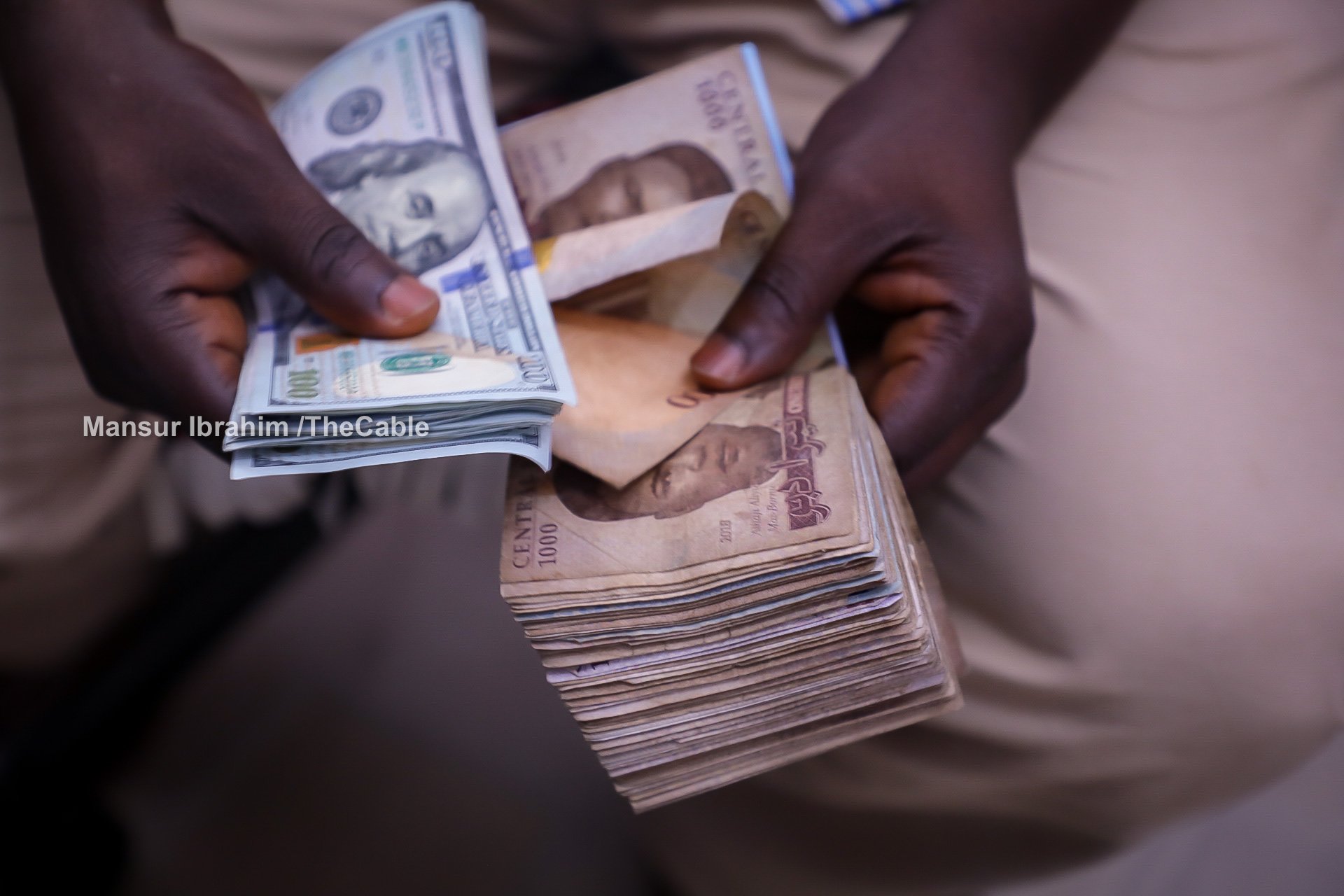There is a correlation between the handling of the recent controversy surrounding the NIUK Community on social media and the handling of the fallout of the “Sex For Grades” controversy from a couple of years ago. This correlation has exposed a deep-seated problem in Nigerian society: the erosion of trust in the legal system. These incidents are not isolated; they are symptomatic of a broader crisis that has plagued Nigeria for decades. The way Nigerians respond to injustice—whether through jungle justice or reliance on informal systems of justice—reveals a society that has lost faith in its formal institutions. Until this trust is restored, Nigeria’s progress will remain stunted, and the rule of law will remain elusive.
A quick recap: The Nigerians In the UK Community, a network of Nigerian students and professionals in the UK, was embroiled in a scandal. There have been allegations of financial misconduct and bullying within the community that have sparked outrage. In the “sex for grades” scandal, after the BBC published an expose on the Nigerian university system, allegations surfaced about sex traded for favours within the BBC’s own Africa service in the build-up to publishing that story. While a white individual involved in the controversy chose to take his grievance to the court of law, the Nigerians involved resorted to social media battles, engaging in what is colloquially known as “gbas-gbos” on Twitter while threatening but not actually pursuing legal action. This same thing has happened in the NIUK story. There have been a lot of threats of legal action, but, to my knowledge, no one has actually sued anyone in court, and this is in the UK!
This divergence in responses highlights a fundamental issue: the lack of trust Nigerians have in their legal system. The white individual’s decision to pursue legal action reflects a belief in his country’s judiciary’s ability to deliver justice. In contrast, Nigerians’ reliance on social media to seek redress underscores a deep-seated scepticism of formal institutions. This scepticism is not unfounded. Nigeria’s legal system is widely perceived as corrupt, inefficient, and inaccessible. Cases often drag on for years, justice is frequently delayed or denied, and those with money and influence can manipulate the system to their advantage. As a result, many Nigerians view the legal system as a tool of oppression rather than a means of achieving justice.
The mistrust of Nigeria’s legal system is further exemplified by the rise of figures like Berekete Radio’s “Ordinary President.” Ahmed Isah is a radio media personality who has become the go-to person for many seeking justice in Abuja. His popularity is a damning indictment of the judiciary’s failure to serve the people. When citizens turn to influencers rather than the courts to resolve disputes, it is clear that the formal justice system has lost its legitimacy. Ordinary President’s role as an informal arbiter of justice reflects a broader trend in Nigerian society. In the absence of a functioning legal system, people have resorted to alternative means of seeking redress. This includes public shaming on social media, vigilante justice, and reliance on militant courts. While these methods may provide temporary relief, they are not sustainable solutions. They lack the consistency, fairness, and accountability that a robust legal system should provide.
Advertisement
Social media, particularly Twitter, has become a microcosm of Nigerian society. It is a space where grievances are aired, battles are fought, and alliances are formed. However, it is also a space where political affiliations and ethnic loyalties often obscure truth and justice. On Twitter, nothing is inherently right or wrong anymore; everything is filtered through the lens of partisanship. It doesn’t matter if you’re a thief, a liar, or a bigot—there will always be people who support or oppose you based solely on your perceived political or ethnic affiliations. This phenomenon is a reflection of the broader dysfunction in Nigerian society. The erosion of trust in institutions has created a vacuum where truth and justice are no longer absolute but are instead determined by one’s allegiances. This polarisation undermines social cohesion and makes it difficult to address systemic issues. When justice becomes a matter of “us versus them,” the rule of law is rendered meaningless.
The root of Nigeria’s crisis of trust lies in its broken legal system. Decades of corruption, inefficiency, and political interference have eroded public confidence in the judiciary. Judges and lawyers are often accused of taking bribes, cases are delayed indefinitely, and the wealthy and powerful are rarely held accountable for their actions. For the average Nigerian, the legal system is not a source of justice but a source of frustration and despair. This lack of trust has far-reaching implications for Nigerian society. Without a functioning legal system, there can be no rule of law, and without the rule of law, there can be no meaningful development. Investors are reluctant to put their money into a country where contracts cannot be enforced, and property rights are not protected. Ordinary citizens are left vulnerable to exploitation and abuse, with no recourse to justice. The result is a society that is deeply fractured and unable to realise its full potential.
For Nigeria to move forward, it must address the crisis of trust in its legal system. This requires comprehensive reforms aimed at restoring the integrity and efficiency of the judiciary. Key measures include combating corruption, improving access to justice, enhancing transparency, strengthening institutions, and promoting legal literacy. There must be a zero-tolerance approach to corruption within the judiciary. Judges and lawyers guilty of taking bribes or manipulating cases must be held accountable and face severe penalties publicly. The legal system must be made more accessible to ordinary Nigerians. This includes reducing the cost of legal representation, simplifying legal procedures, and expanding legal aid services. Legal proceedings must be made more transparent to build public confidence. This could involve live-streaming court cases, publishing judgments online, and ensuring that court records are easily accessible. The independence of the judiciary must be safeguarded to prevent political interference. This requires constitutional reforms and the establishment of robust mechanisms for oversight and accountability. Many Nigerians are unaware of their legal rights and how to navigate the legal system. Public education campaigns can help bridge this gap and empower citizens to seek justice.
Advertisement
The issues within the NIUK Community, the “Sex For Grades” online fights, and the resort to Ordinary President and his like, are not just isolated incidents; they are symptoms of a deeper crisis in Nigerian society. The erosion of trust in the legal system has created a culture where justice is sought outside the courts, whether through social media or informal systems. This culture of mistrust undermines the rule of law and hinders national progress. Nigeria will never get better until it addresses this crisis. Rebuilding trust in the legal system is not just a legal imperative but a moral and social one. It requires the collective effort of government, civil society, and ordinary citizens. Only then can Nigeria hope to achieve the justice, stability, and prosperity that its people deserve. The path to a better Nigeria begins with restoring faith in the rule of law and ensuring that justice is not a privilege for the few but a right for all.
Nwanze is founder of SBM Intelligence.
Views expressed by contributors are strictly personal and not of TheCable.
Add a comment









